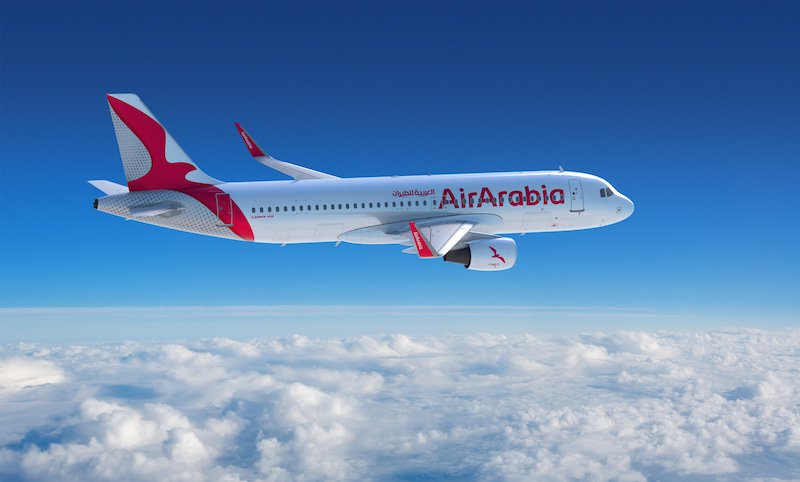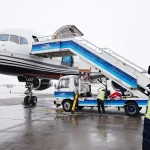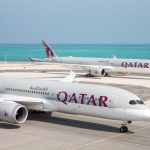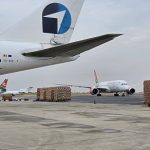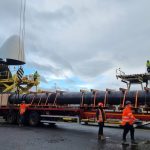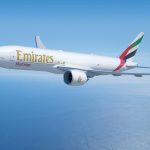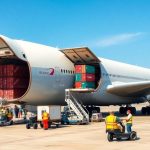Air Arabia hit hard by high oil prices and currency devaluation in key markets
Air Arabia recently said its 9-month profits fell 17per cent to Dh530 million, hit by high oil prices and currency devaluation in key markets.
Sharjah-based airline said its 9-month turnover grew 8 percent to Dh3 billion compared to Dh2.8 billion for the same period last year. More than 6.6 million passenger flew with the low-cost pioneer during the nine months of 2018 while the average seat load factor – or passengers carried as a percentage of available seats – for the same period stood at an impressive 80 percent.
Net profit in the third quarter of 2018 reached Dh300 million, 20 percent lower than the corresponding 2017 figure. More than 2.4 million passengers were served in the third quarter of 2018, a 5 percent increase on the corresponding period of 2017, while the average seat load factor stood at an impressive 81 percent.
Revenue for the third quarter ending September 30, 2018, stood at Dh1.28 billion, a 10 percent increase compared with Dh1.16 billion in the same period of 2017.
“Supported by strong revenue figures and passenger demand, Air Arabia’s net profit for the third quarter and year to date remained strong despite profit margins being impacted by the sharp rise in fuel price and the currency devaluation witnessed in several key travel markets,” said Sheikh Abdullah bin Mohamed Al Thani, chairman, Air Arabia.
He said global economic outlook remains under renewed pressure and airlines worldwide have been challenged by pressured yield margins and increase in cost structure while political and economic tensions continue to drive currency and oil price volatility.
“We believe that such impactful challenges are temporary and the long term outlook for the low cost travel in the region remains fundamentally strong”.
Adel Ali, chief executive officer, Air Arabia, said in an interview last month that the airline aims to place an order for around 100 aircraft next year and is negotiating with different plane manufacturers including Airbus, Boeing and Embraer.
“We are just under 60 planes and by 2025 we will be around 100 aircraft, depending on how and what events unfold in the world,” Ali had said during the interview.
The Low cost carrier’s shares also fell in line with overall decline in the equity markets, dropping 1.6 percent to Dh0.925.







